
The annual report on Japanese military power, released by the China Strategic Culture Promotion Association, said two of the most eye-catching changes in Japan's defense forces in 2012 were Tokyo's efforts to normalize its defense power and to use it against China.
Last year, then-Japanese prime minister Yoshihiko Noda became the first Japanese government leader to make "strong military-related statements" on the Diaoyu Islands on public occasions, the report said.
Noda and current Prime Minister Shinzo Abe visited branches of the Japan Coast Guard and the Japan Self-Defense Forces in Okinawa. Such visits have rarely been made by Japanese prime ministers since the end of World War II, it said.
Since tensions over the Diaoyu Islands increased in mid-2012, Japan's military deployment, equipment upgrading, military drills and construction of military facilities have all been accelerated, it added.
"Although this is not meant to provoke China into military action, it has undoubtedly complicated and endangered the situation in which accidents might be triggered and the dispute that already existed might escalate out of control," the report stated.
Japan's national defense budget for the 2012 fiscal year "not only reveals Japan's ambition to step up efforts to become a major military power, but also explains its efforts to continue stirring up the so-called China threat", it said.
The budget lists a string of objectives, including "improving the security environment in the Asia-Pacific region and the world".
The report said Noda had been ambitious in "normalizing" Japan's national defense and had acted to achieve that aim since 2011, while the Abe administration is even "more enthusiastic" about this.

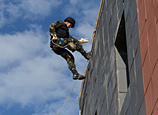
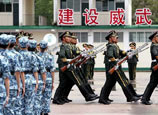
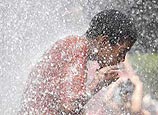


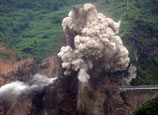
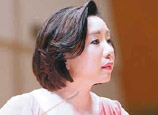









 Elder couples celebrate golden wedding anniversary in Hangzhou
Elder couples celebrate golden wedding anniversary in Hangzhou


![]()
